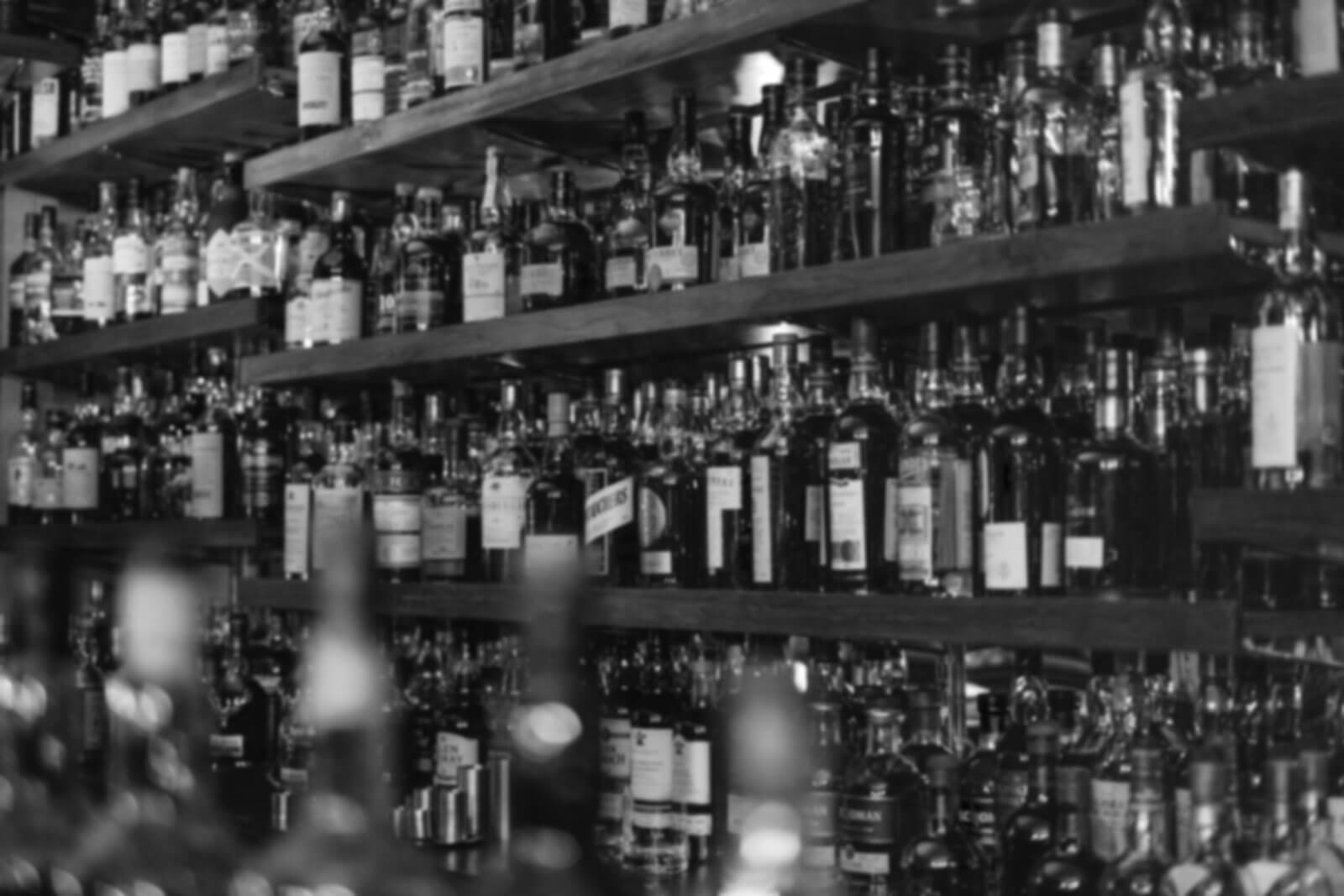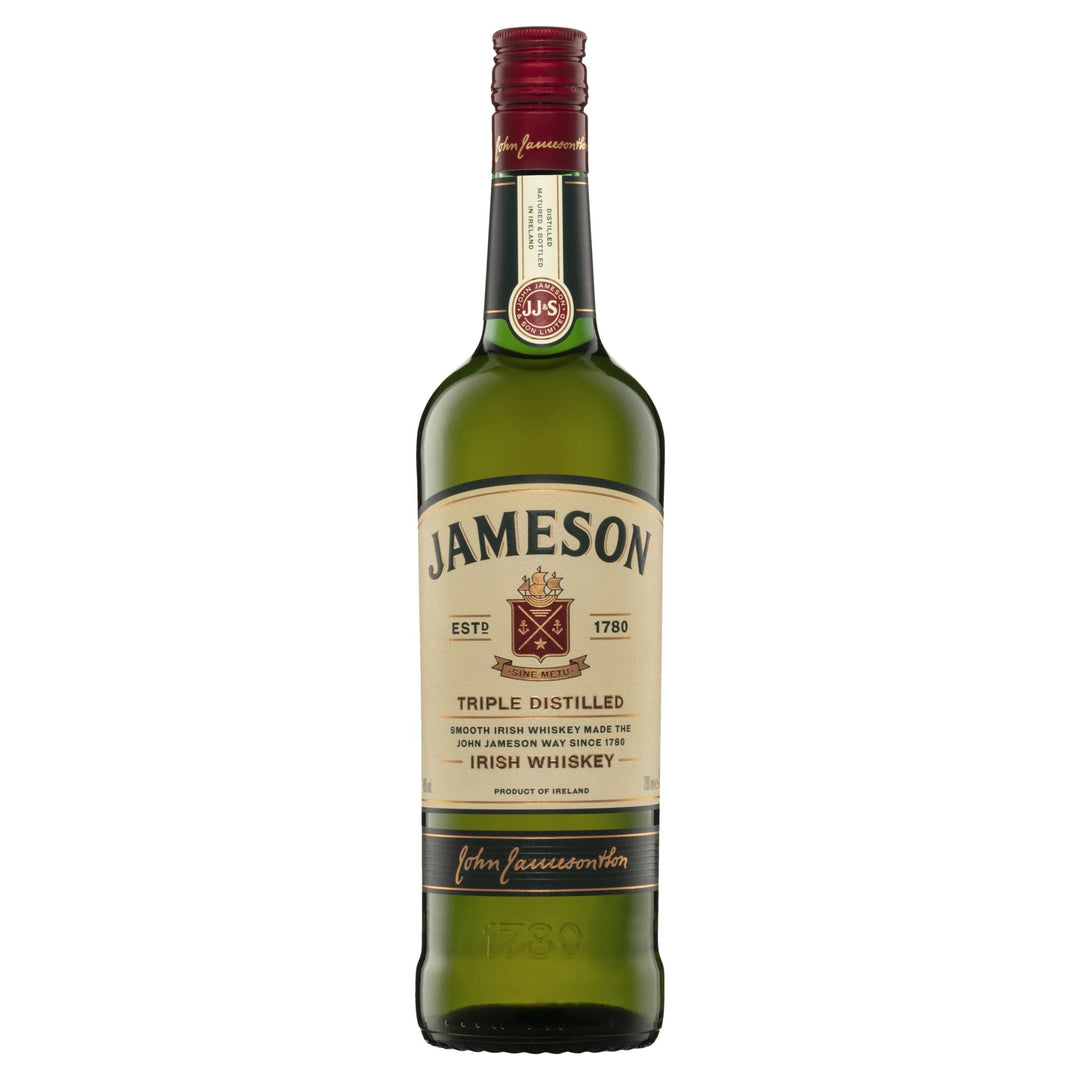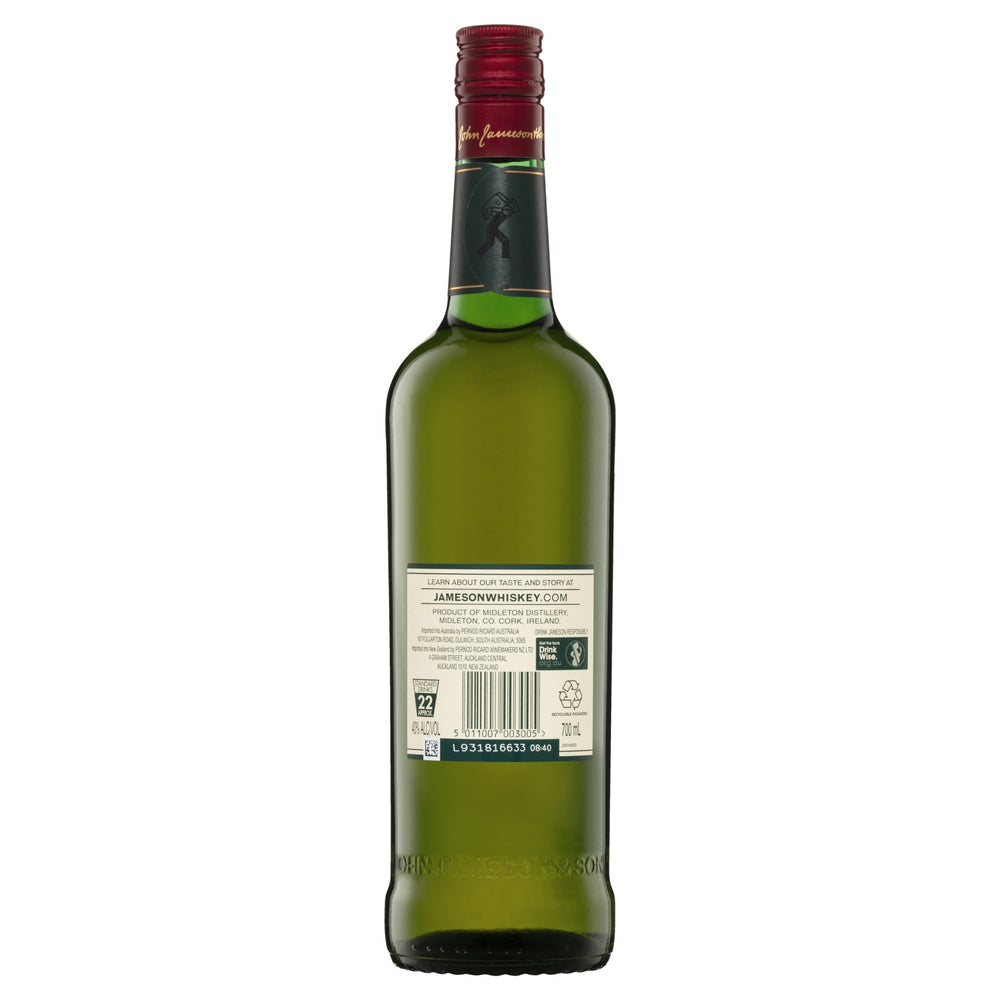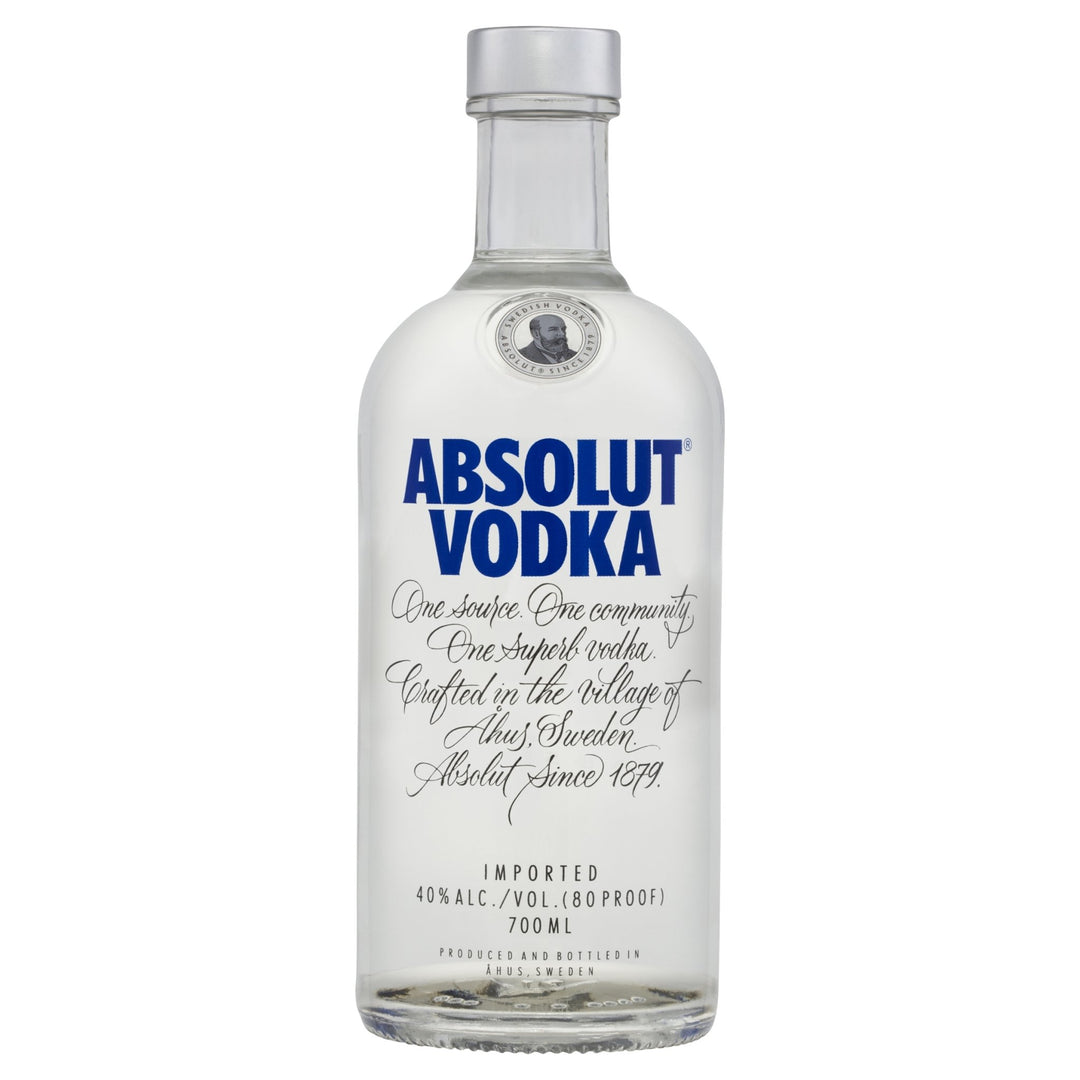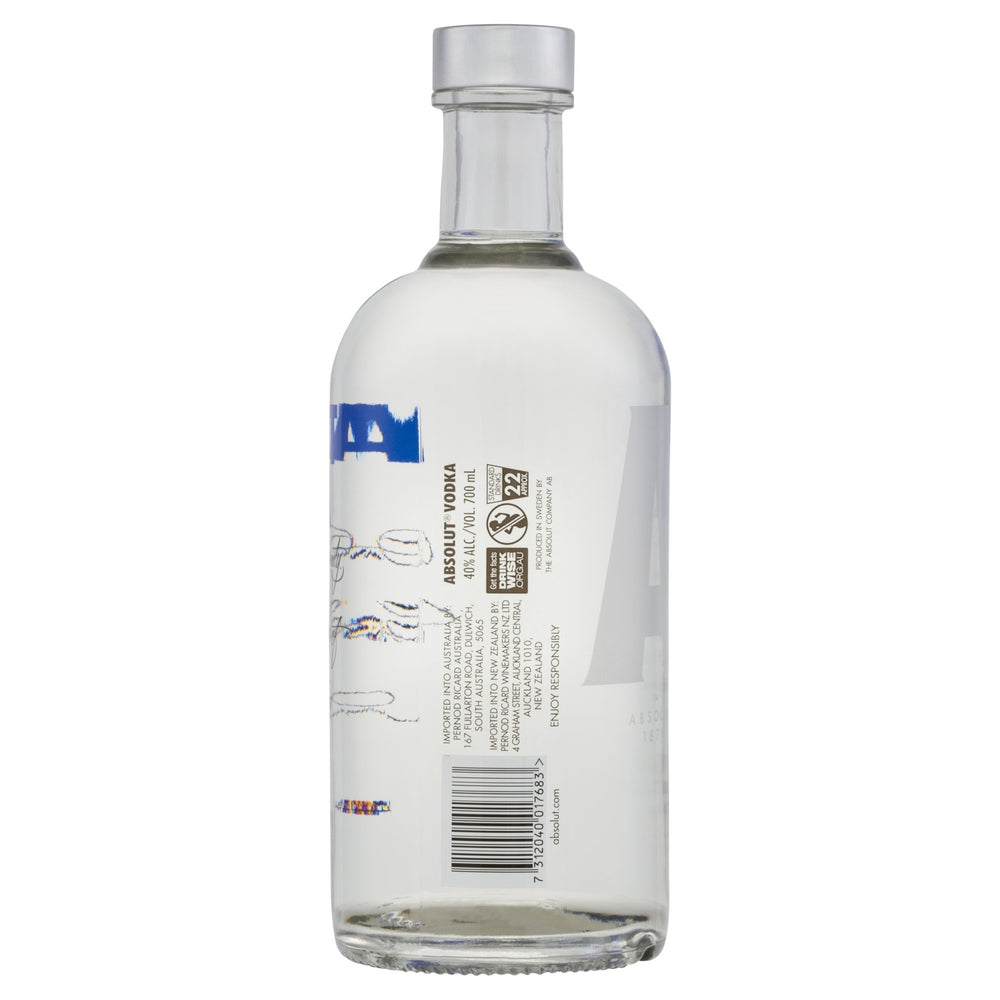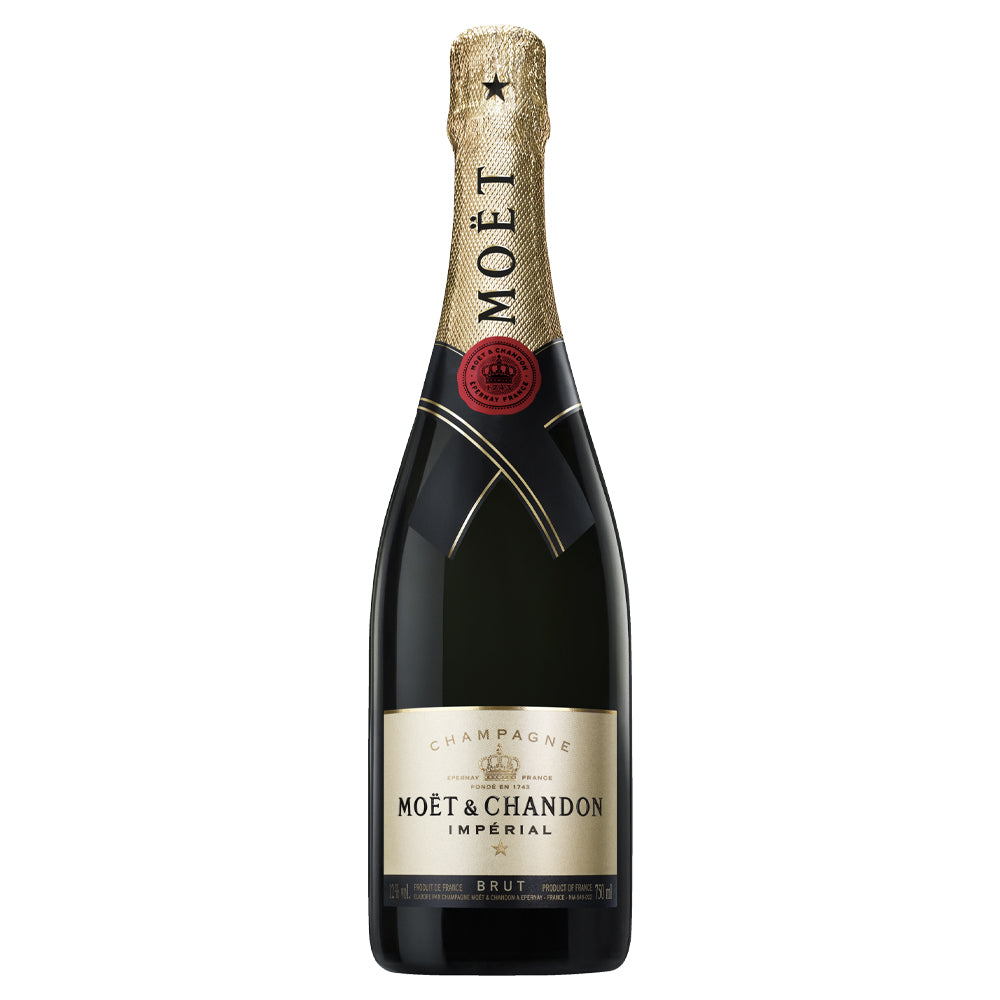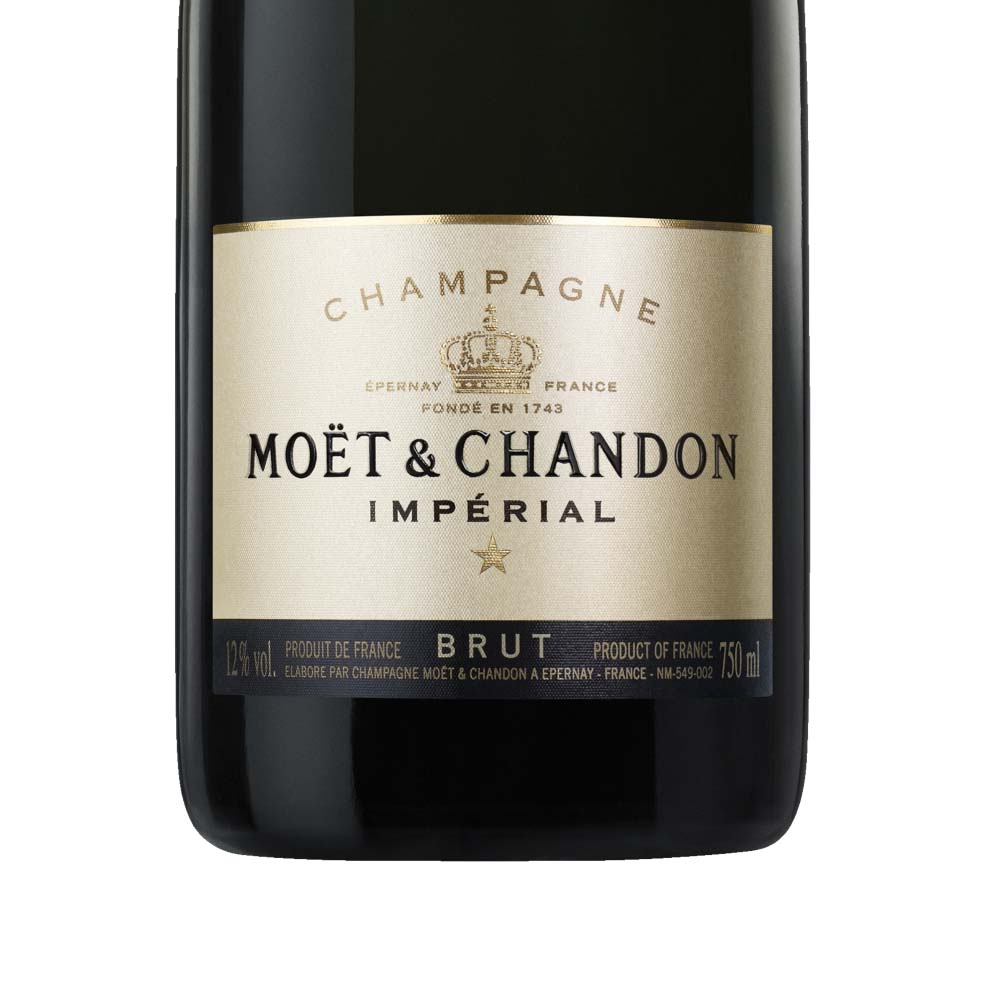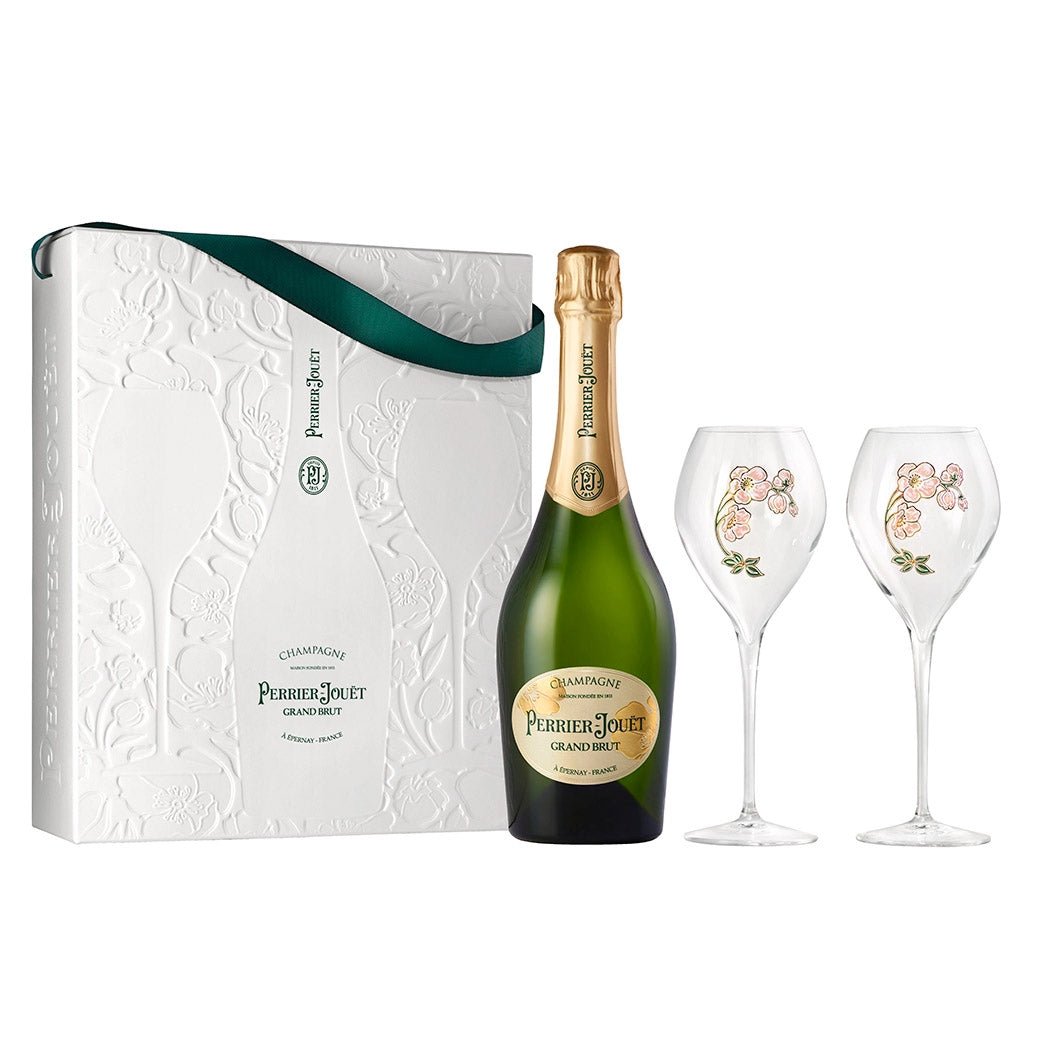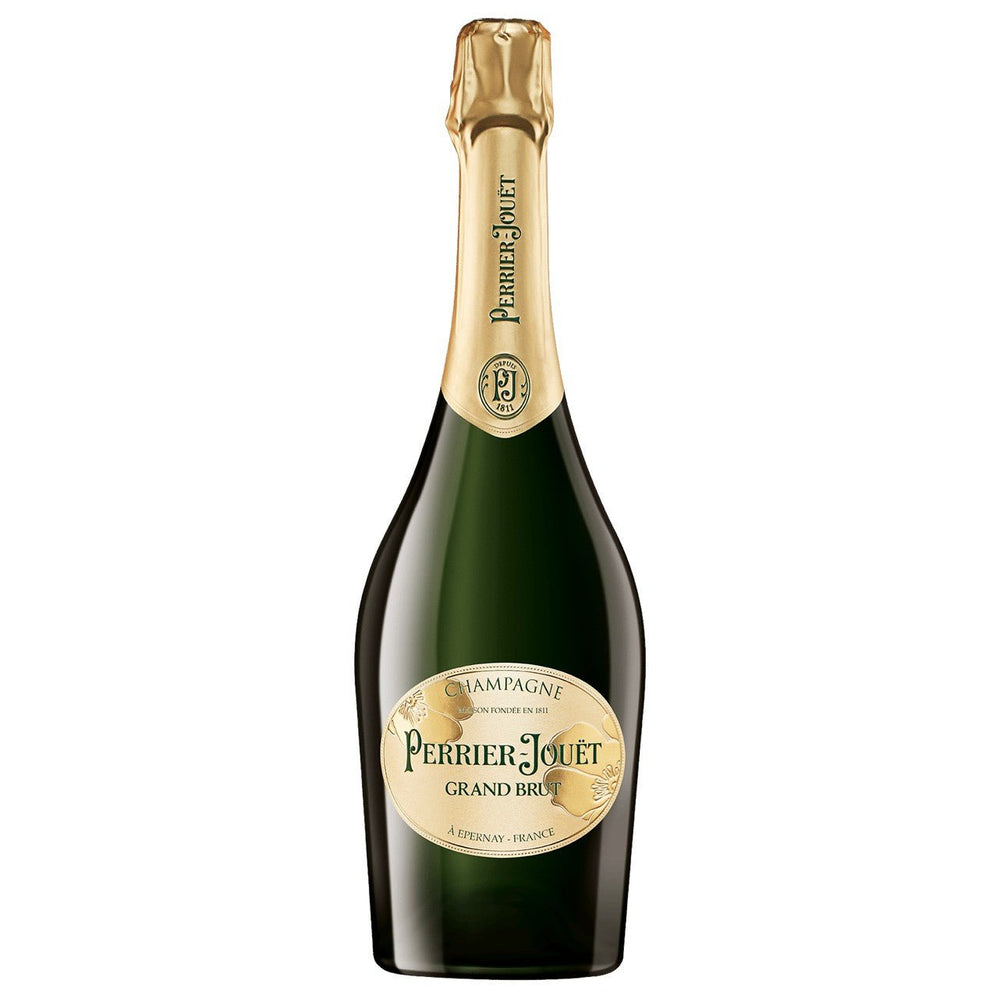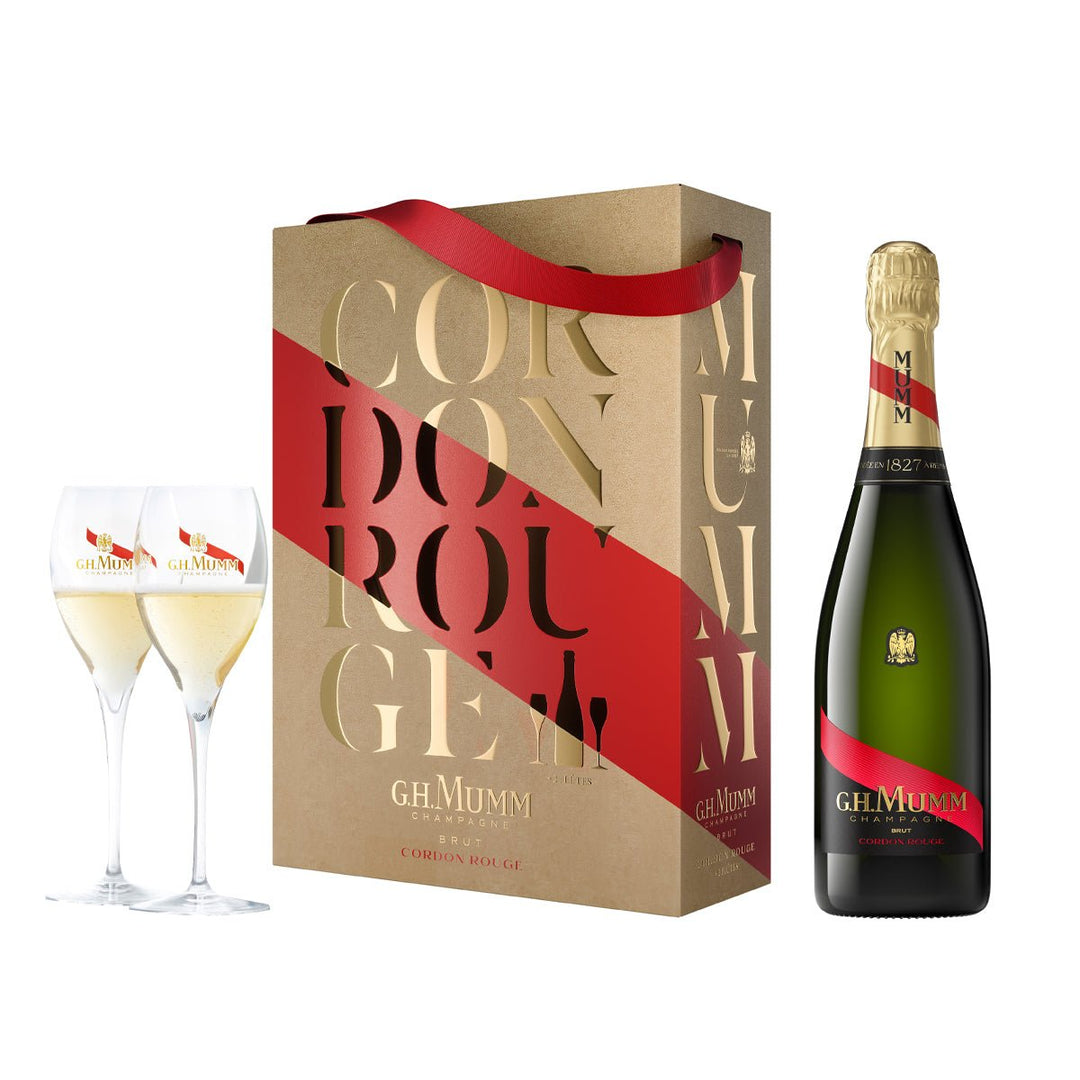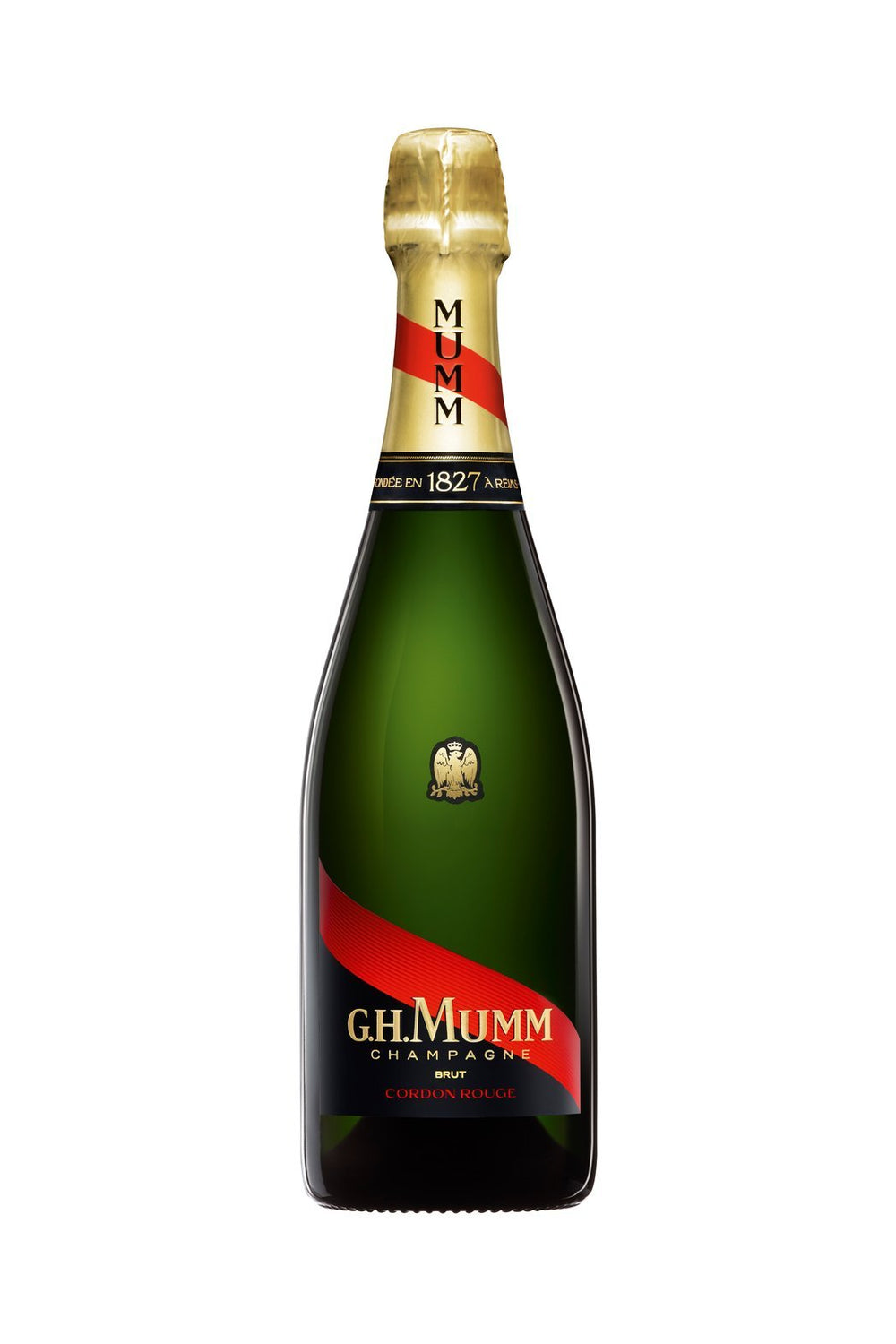Meet The Winemaker - Joshua's Fault Wines
We sat down with Chris Joshua, winemaker at Joshua's Fault Wines, and heard his story about his first bottle of wine, his philosophy with winemaking and the story behind Joshua's Fault.
The Canberra district with a mix of warm and cool climates stretches from the ACT to Murrumbateman, Yass and Lake George.
Joshua’s Fault is located in the Gundaroo area, a small historic village just 35km north of Canberra. Chris Joshua’s 4.5ha vineyard rests along a faultline hence the name Joshua’s Fault.
The Interview
Hi. I’m Chris Joshua and I’m the winemaker of Joshua’s Fault Lines. We’re from the Canberra region and it’s nice to talk to you about our wine.
I guess the way I got into wine was because by being an early adopter, pretty much. And that takes me back to the first 6 pack of wine by boarding Italy as a schoolboy on a ski trip and I brought one of those surviving bottles back to Australia. I happen to get some winemaking friends back in 1995. And by that stage I actually knew what that wine was. It was a 1962 Bolla Valpolicella amarone. The thing I love about winemaking the best is it starts with a fruit and I’m happiest if I can grow really good fruit. And then winemaking is a pretty simple process thereafter.
I’m very pleased with the Chardonnay and Cabernet Sauvignon. I speak about Chardonnay initially. It’s a hand-picked whole bunch, pressed and then it goes straight to barrels, French oak, new, and one to two year old barrels, breaks. It’s fermented in the barrel. We use lees stirring and the wines held on lees all the way through to bottling. It’s a typical cool climate chardonnay and it’s a main flavour component is that of ripe grapefruit and a little bit of peach and it’s got lovely structure to it so it’s got a really nice acid backbone to it. Fantastic with flathead, my favourite.
The Cabernet, you will notice it's a 2009 vintage. My philosophy with Cabernet has always been to take time and be patient with the wine. Extend the time on skins at fermentation, extend the time in the barrel through maturation, two to four years. And then extend the time in the cellar after bottling. I think that it enables this wine to lose its typically young posture characters to become a much more complex wine which encapsulates a whole host of different flavour components. So its table ready now. The cellaring has already been done for me.
The Canberra region is certainly a continental cool climate. It compasses quite a variety of terrain; altitudes work from around about 500 meters to as high as 800. So there’s quite of a bit of difference there. Soil types are hugely different across regions and aspects as well. It’s prone to early frost and recently to quite a bit of a summertime hailstorms. Luckily, we’ve dodged both of those bullets this year. And things are looking pretty good.
Well, I was puzzling with a mentor of mine, Don Lewis from Mitchelton Wines, “if you’re gonna make good wine, what name do you make your winery?”. And Don’s response was, “If you think it’s gonna be a good wine put your name on it.” And to the east and to the west of this, we have fault lines. They explained the topography, the aspect, the soil type, the terroir if you will, about part of the world and so, hence, Joshua’s fault.
The Secret Bottle concept to me is quite exciting. With the market being currently dominated by two major retailers. And the on premise market being dominated by large multinationals who tend to buy wine lists. The offering from my perspective whilst good there’s a degree of sameness to it. I think the Secret Bottle concept by bringing to customers wines that they’ve never heard of is fantastic. And also to bring a level of quality control prior to customer purchasing a wine gives them a level of security and comfort.


